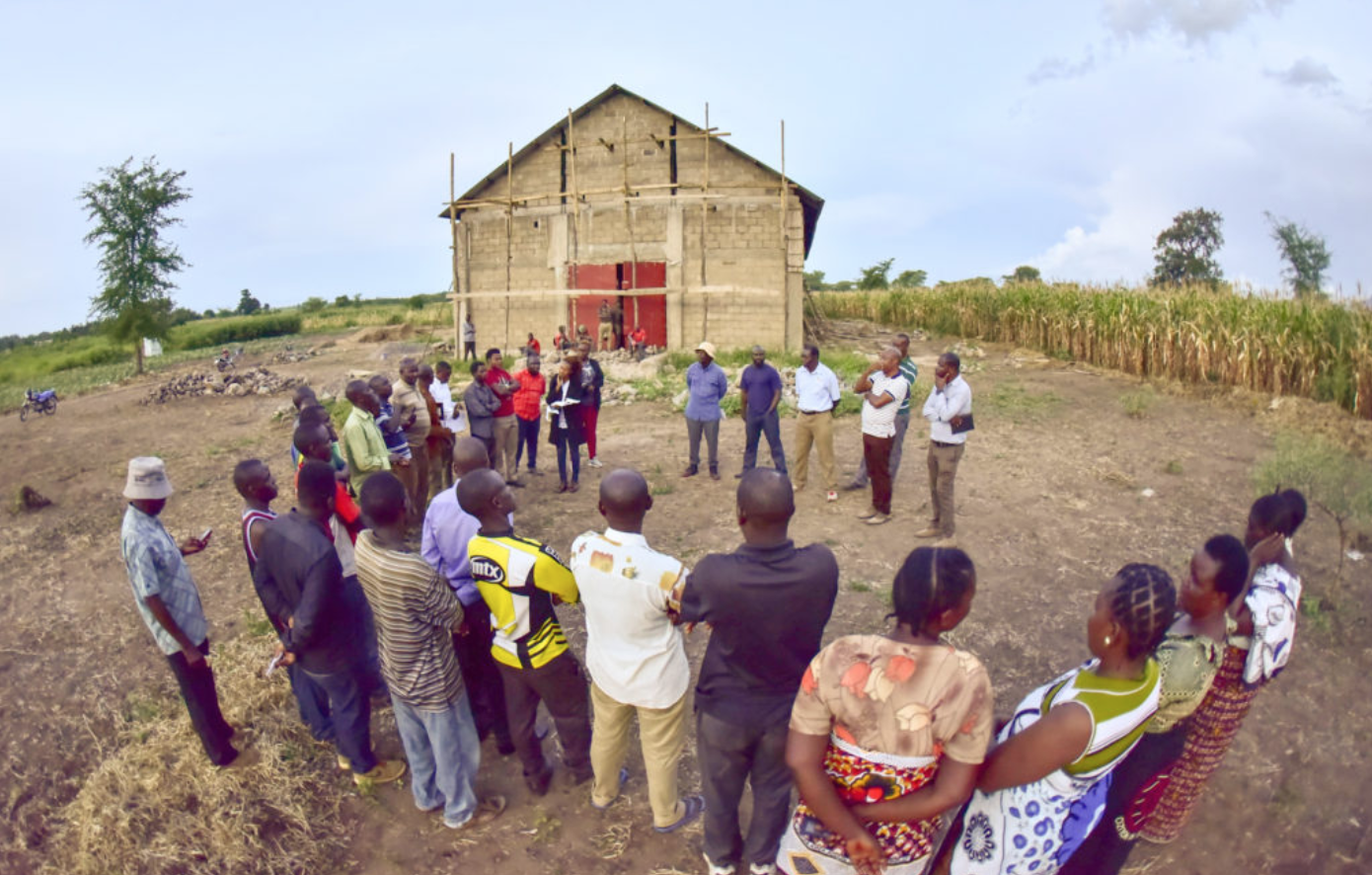Zimbabwe’s Path to Economic Revival through Agro-Processing
By Anthony.muchoki@gmail.com
Zimbabwe, a nation blessed with a diverse range of agricultural products, is turning a new leaf in its pursuit of economic development. Recognizing the pivotal role agro-processing industries play in job creation, boosting economic growth, and uplifting the livelihoods of its citizens, the government has taken a proactive approach in lending its support.
During the recent Zimbabwe Agricultural Show Agro-processing SME breakfast meeting, Dr. Sithembiso Nyoni, the Women’s Affairs, Community, Small and Medium Enterprises Development Minister, reiterated the government’s commitment to this cause. She highlighted how the government is channelling its resources and energy into the agro-processing or value-addition sector, aiming for the holistic development and growth of the SME sector.
“Our vision is clear. We see the immense potential agro-processing industries hold for our country’s future. The Ministry of Women’s Affairs is implementing numerous programs to support value-addition activities across the agricultural value chain,” she declared. The initiatives she mentioned were far-reaching: from training programs that focus on business management and product marketing to providing business incubation services. More significantly, the government, through institutions like the Small and Medium Enterprises Development Corporation, Women Micro Finance Bank, and Community Development Fund, is ensuring that budding entrepreneurs in this sector receive the necessary financial support.
Additionally, the ministry is focusing on cascading business advisory services down to the ward level, ensuring that even grassroots businesses have access to valuable insights and guidance.
Given the turbulent economic times and the challenges Zimbabwe has faced in recent years, this initiative couldn’t have come at a more opportune time. The agro-processing sector promises to be a beacon of hope, with the potential to contribute significantly to the country’s economic recovery. It’s not just about the financial aspect; it’s about enhancing the lives of the indigenous Zimbabweans, especially rural farmers who often face challenges in finding a stable market for their produce.
Take a glance at the agro-processing landscape, and its merits become evident:
Employment Opportunities: A prominent example is the tobacco processing industry, which alone provides jobs to over 70,000 Zimbabweans. As more industries grow and thrive under the government’s initiatives, more jobs will be created, helping alleviate unemployment.
Diversifying the Economy: While mining and agriculture have been the traditional pillars of Zimbabwe’s economy, agro-processing paves the way for a more diversified and resilient economic structure.
Boosting Export Earnings: Zimbabwe’s foreign exchange reserves stand to gain considerably. Products like processed tobacco already account for a significant chunk, making up over 20% of total exports.
Ensuring Food Security: By reducing dependency on imported food products and promoting local processing, Zimbabwe is not only ensuring a more self-reliant food supply chain but is also safeguarding against external market fluctuations.
The road ahead is promising, but it’s essential to remember that while government initiatives provide the necessary push, the real change-makers are the entrepreneurs, farmers, and workers of Zimbabwe. Their spirit, resilience, and drive will be the true harbingers of change.
As Zimbabwe embarks on this journey to uplift its agro-processing industries, it’s heartening to see the government’s unwavering commitment. With collective effort and determination, the nation can reclaim its rightful place on the global economic stage, ensuring prosperity and enhanced quality of life for all its citizens.

